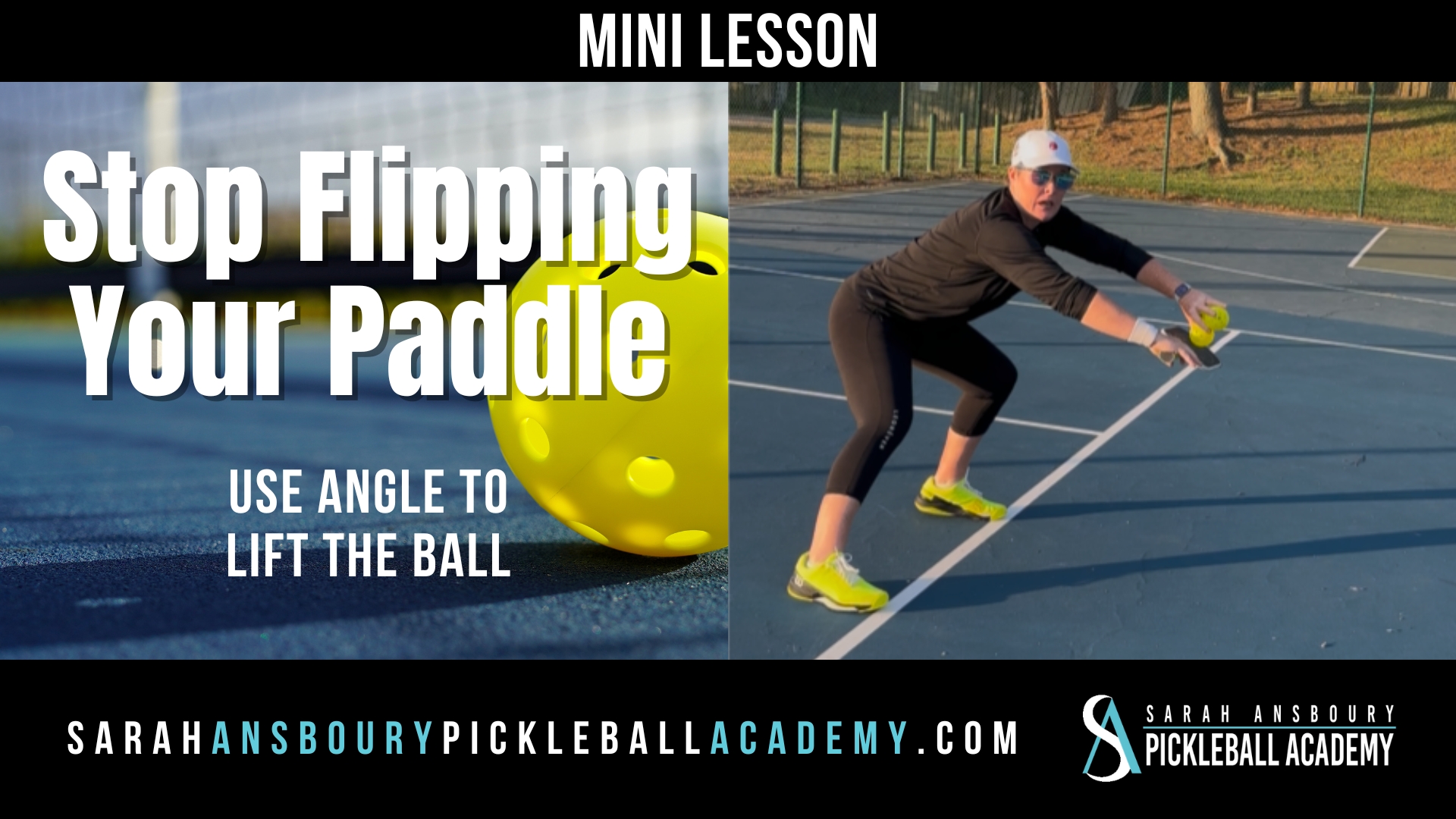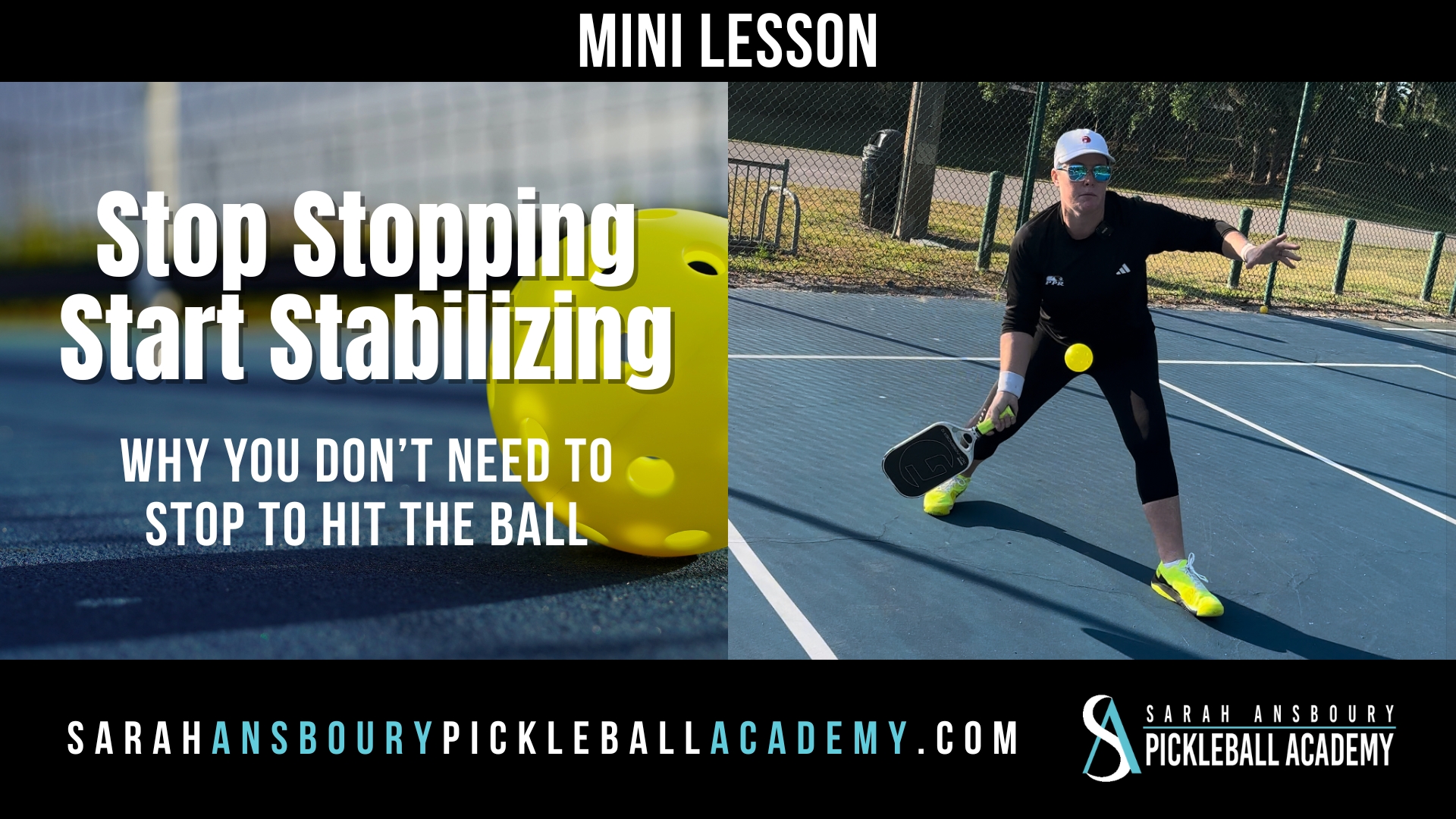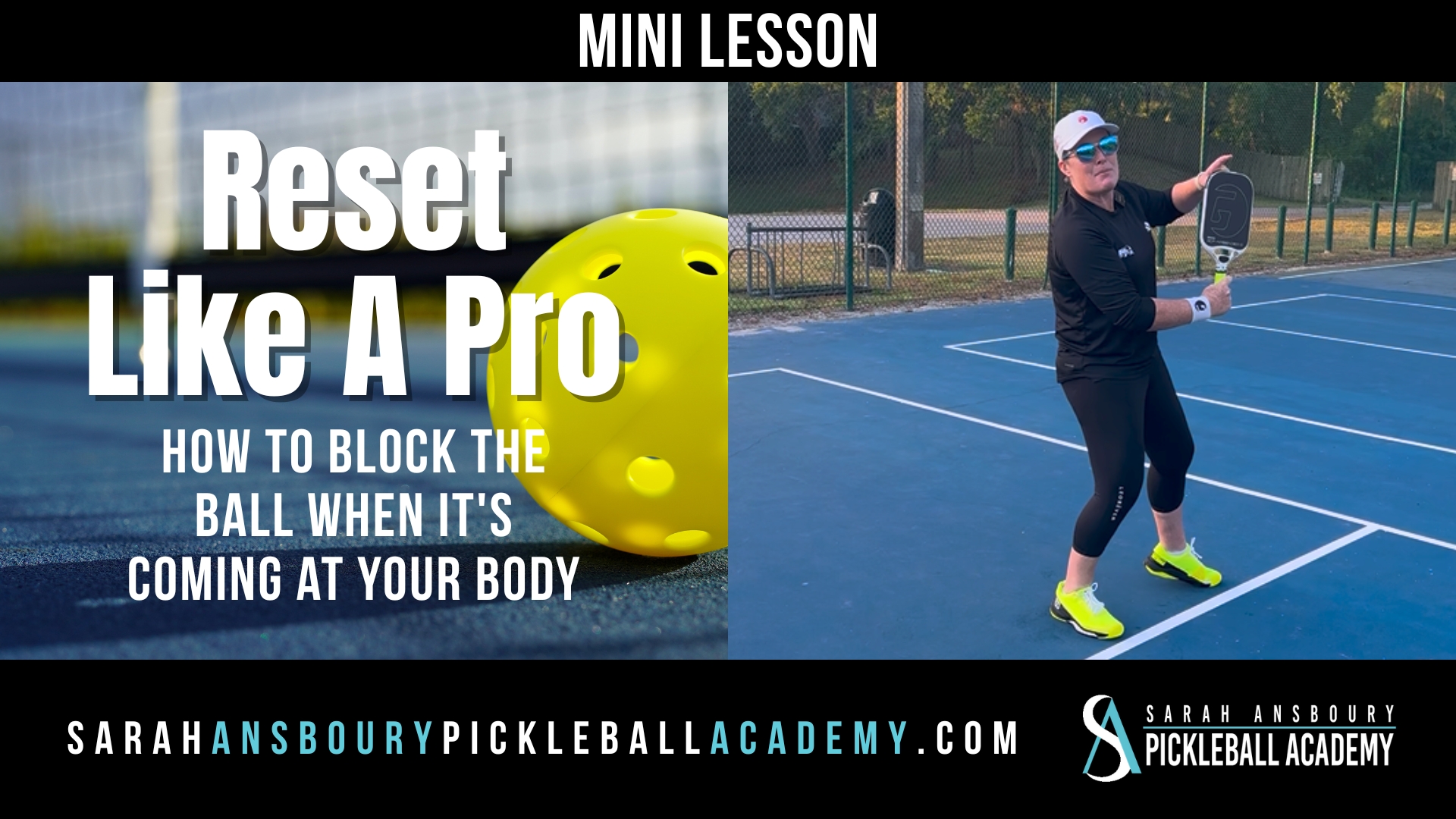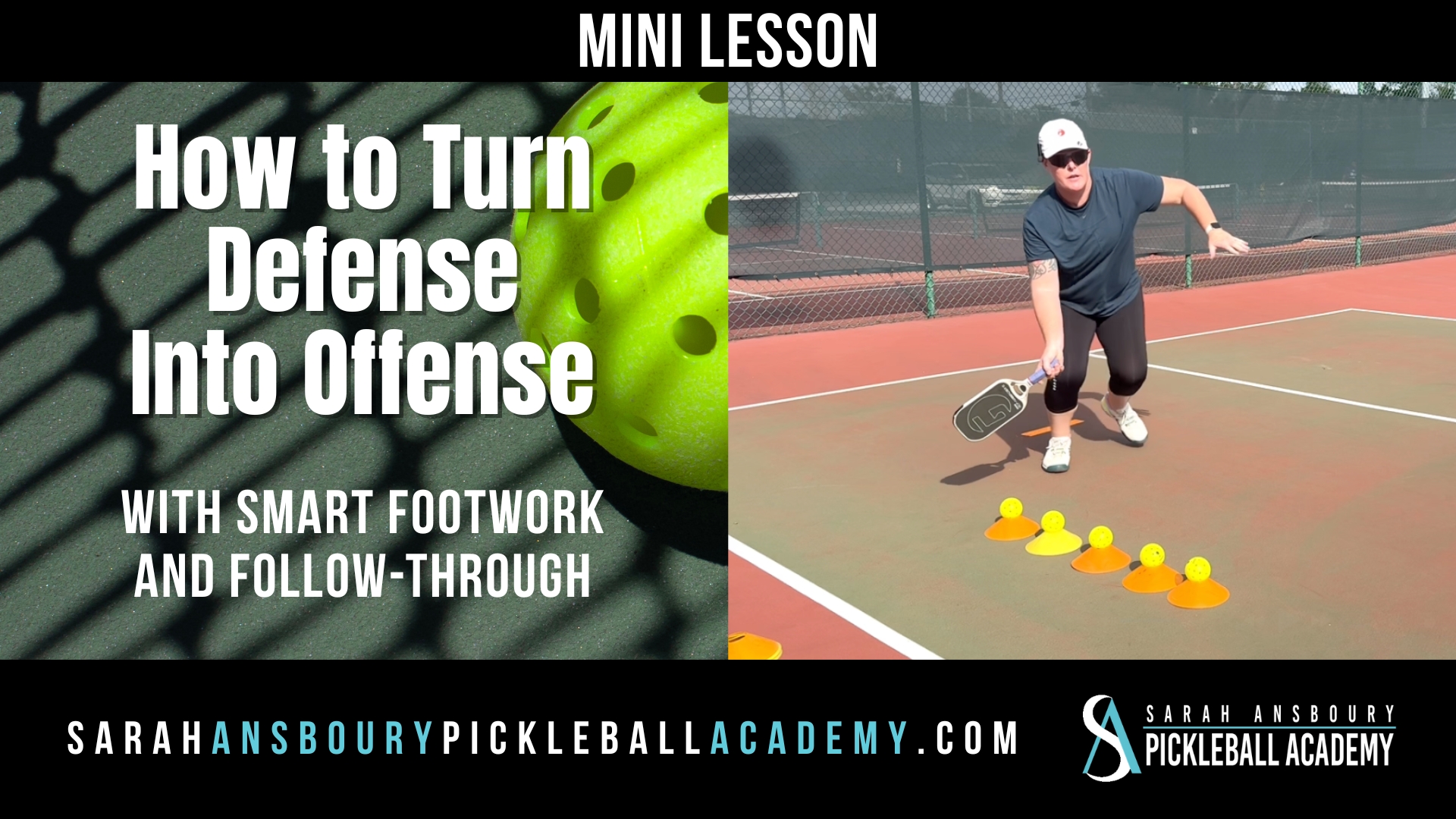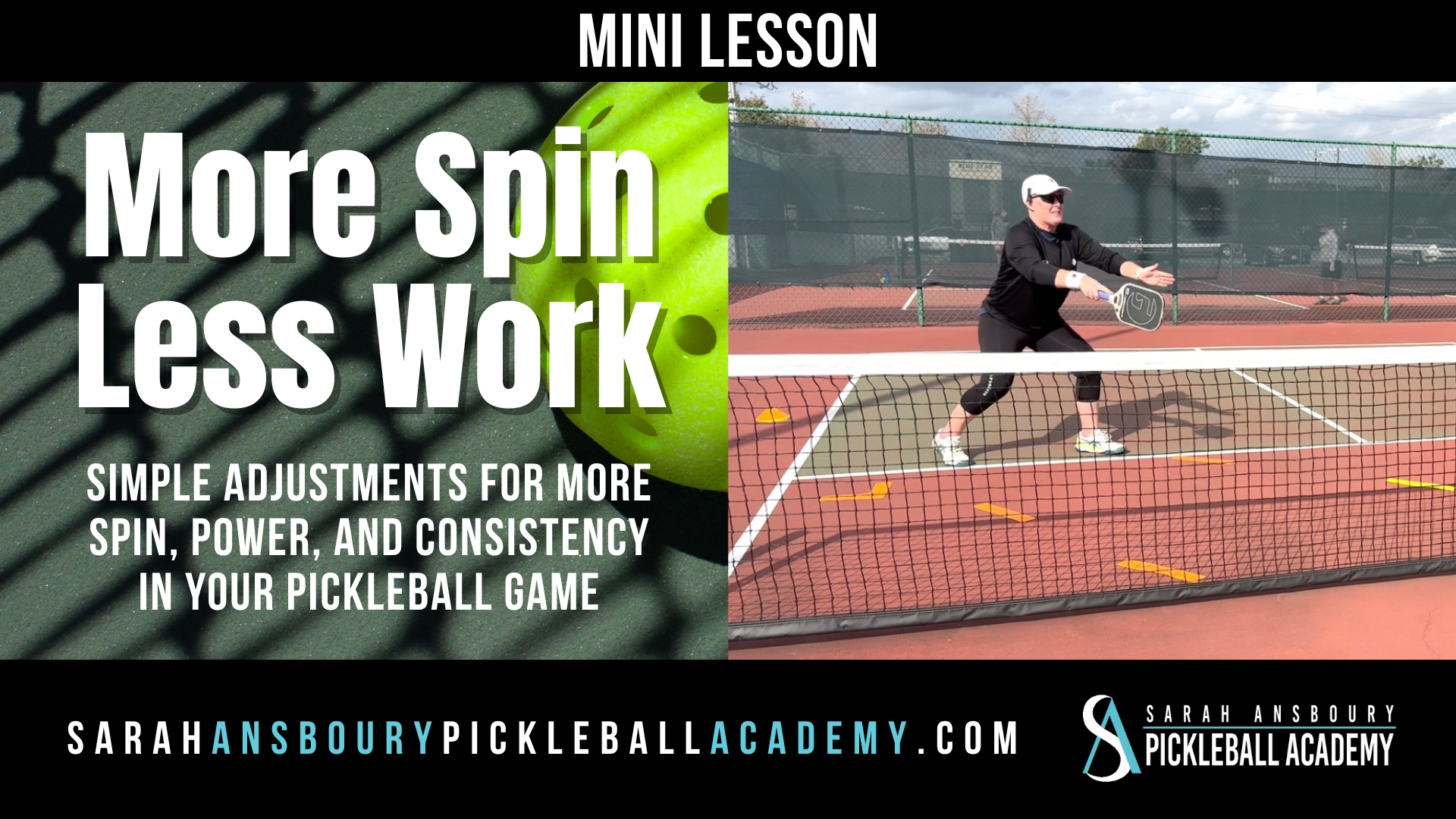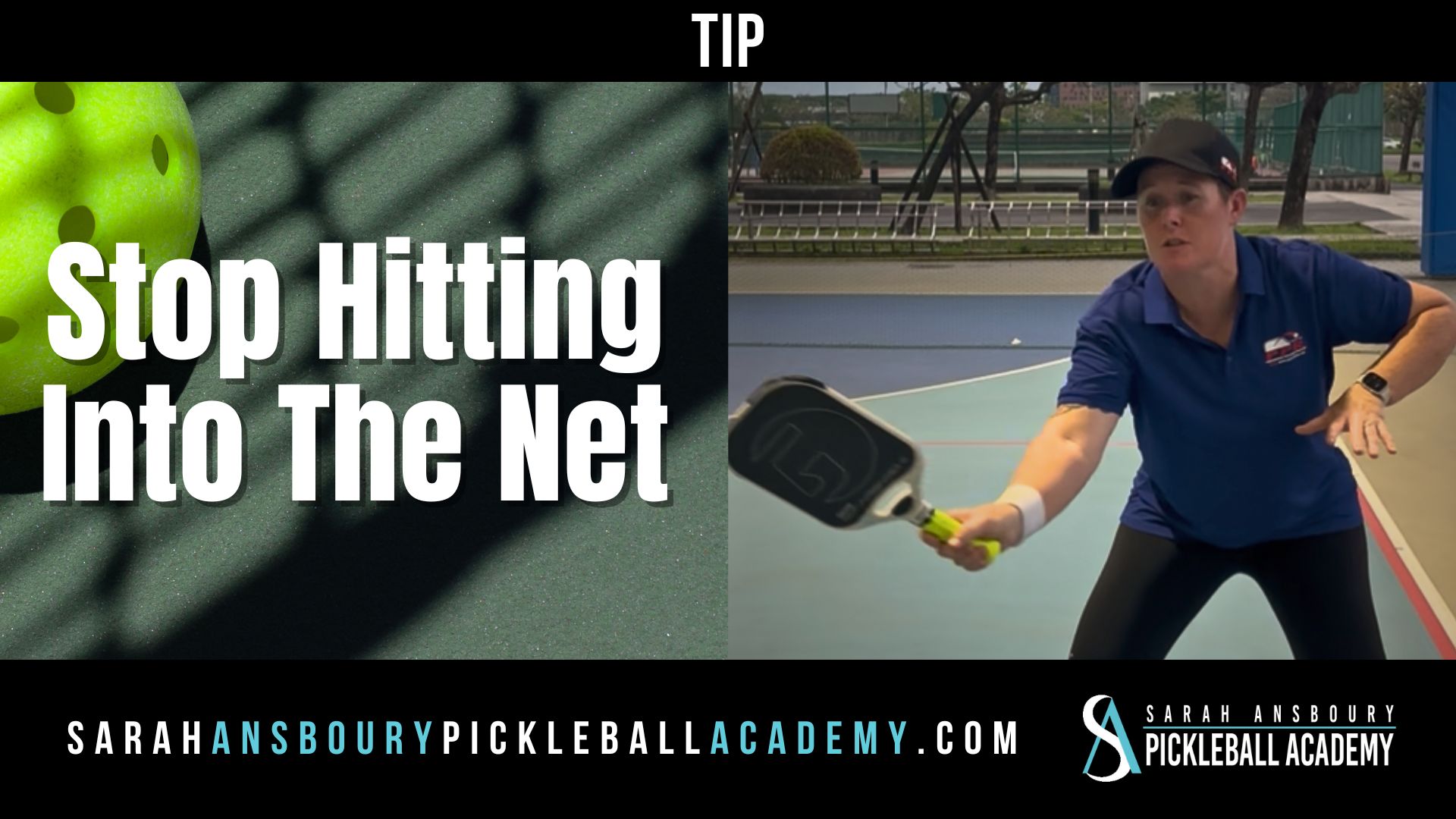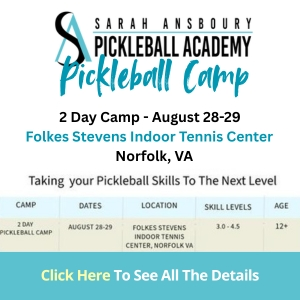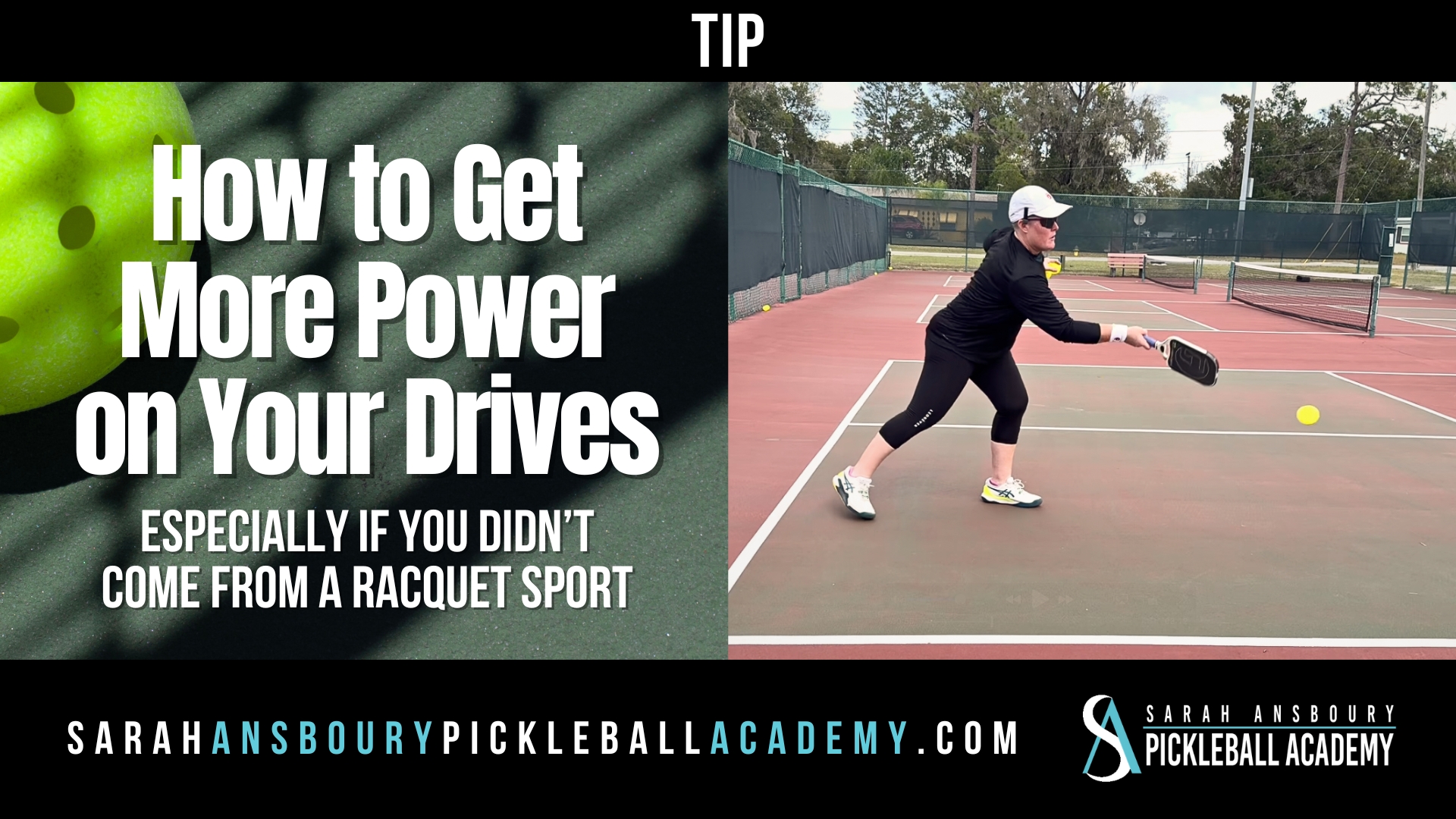I am fairly certain that there isn’t a pickleball community that has not had to grapple with the issue of varying pickleball skill levels during open or recreational play. So here are my thoughts on the issue.
court assignments
Many communities attempt to deal with this issue by assigning different skill levels to particular courts. While this approach has its merits, it does not fully address the challenge. First, there may be guests that visit from out of town…and if the skill ratings have not been determined by actual tournament play there may be issues. A 3.5 or intermediate player in one city may not be the same “rating” in another city.
Second, the weaker players want to challenge themselves. They believe it is critical that they play with better players to improve themselves. I must admit…they have a point. After teaching and playing predominantly with non-Open level players…it takes me some time to prepare for tournament play.
if you are the stronger player
 If you are the stronger player, my advice is “pay it forward”. Take some time, not your entire play time but a game or two, and help the weaker players. If you are a lot better, don’t end the point at the first opportunity. Instead, return the ball in such a way that they can return it and continue the point. Remember, we can all learn from one another.
If you are the stronger player, my advice is “pay it forward”. Take some time, not your entire play time but a game or two, and help the weaker players. If you are a lot better, don’t end the point at the first opportunity. Instead, return the ball in such a way that they can return it and continue the point. Remember, we can all learn from one another.
Weaker player Advise
 What stronger players find frustrating about playing with weaker players is that they are often avoided. Frankly, I can understand their frustration. The weaker players beg to play with you, then hit 80+% of the shots to your partner. My advice to the weaker player is…don’t avoid the stronger player. Take advantage of the situation you have been offered and actually hit the ball to him or her.
What stronger players find frustrating about playing with weaker players is that they are often avoided. Frankly, I can understand their frustration. The weaker players beg to play with you, then hit 80+% of the shots to your partner. My advice to the weaker player is…don’t avoid the stronger player. Take advantage of the situation you have been offered and actually hit the ball to him or her.
we all need to practice
It is easy to forget that the purpose of practice is to actually practice. There are few things to remember, regardless of your skill level, when you want to get the most out of your pickleball practice.
- Have a plan for every practice session. It can be a specific shot, tactic or pattern. If you don’t have a goal, a specific “destination”, how will you ever know if you achieved it (arrived)?
- Communicate to the people you are playing with what your goal is. Perhaps you are trying to improve your ability to run down a lob and return with a drop shot. Let your playing partner and your opponents know that. Often the people you are playing with will work to assist you.
- Make the best of every situation! If you are the stronger player, work to control your instincts and instead hit to a target that enables the weaker player to return the ball. If you are being avoided, work to insert yourself into the point as you might during a tournament match.


